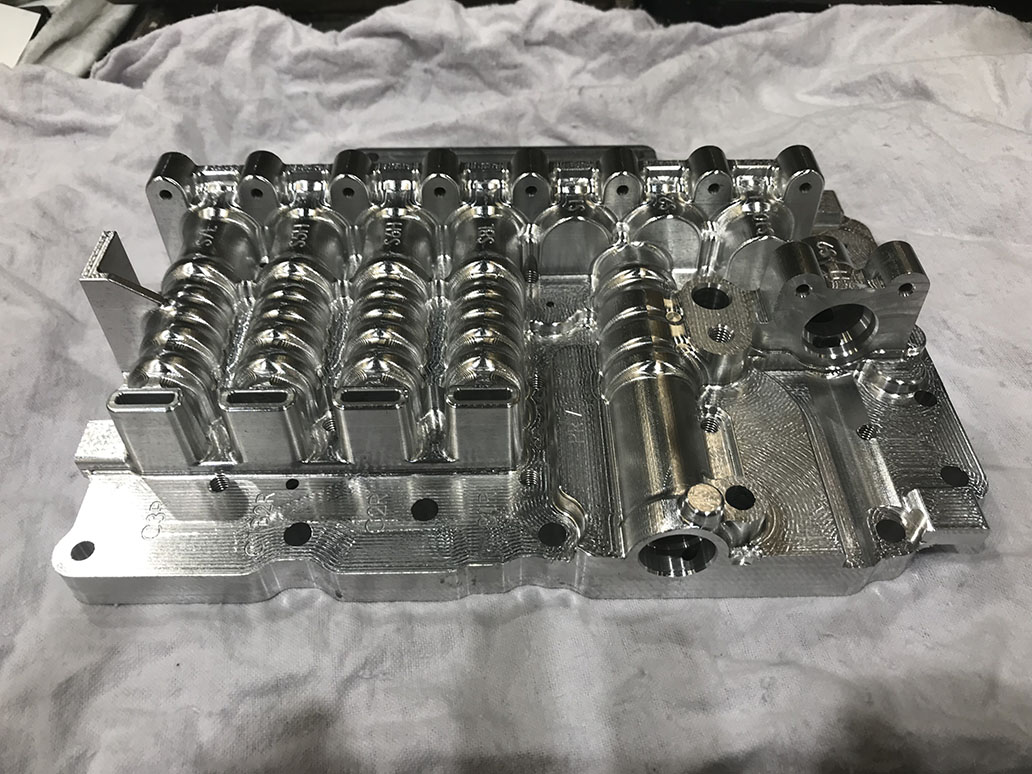
Produce intricate and precise parts and components with CNC machining. Discover the impact of this process on automation and the changes it introduces.
Computer numerical control or CNC machining entails the use of CNC programs to control the movements and operations of cutting tools and machines, making sure they can produce products needed by a wide range of industries.
One of the industries that can benefit from CNC machining is the manufacturing industry. Over the past few decades, the said industry has relied heavily on automation to significantly improve the design, development, and production of parts and components. The integration of CNC machining has even improved automation significantly, introducing tons of benefits and advancements to a lot of manufacturers.
The impact of CNC machining on automation continues to expand, introducing the following changes that have benefitted and continue to benefit the manufacturing industry.
Enhanced Precision and Accuracy
CNC machining uses computer-controlled systems to execute machining operations precisely and accurately. This level of precision is vital in automation as it ensures consistent quality and dimensional accuracy across multiple parts. With CNC machining, manufacturers can achieve tight tolerances, complex geometries, and intricate designs without too much human error.
Increased Efficiency and Productivity
Aside from enhanced precision and accuracy, CNC machining also allows for high-speed and continuous production, which minimises downtime and maximises productivity. Once the machine is programmed, it can operate round-the-clock, significantly reducing production time compared to manual machining methods. The increased efficiency of the process enables manufacturers to meet tight deadlines and handle larger production volumes easily.
Streamlined Workflow and Cost Savings
CNC machining can also streamline the entire manufacturing process by eliminating the need for multiple machines and manual operations, which then leads to reduced labour costs, improved material utilisation, and decreased scrap rates. Additionally, CNC machines can be programmed to optimise tool paths and minimise waste, which can lead to significant cost savings for manufacturers and their respective clients.
Unparalleled Flexibility and Versatility
CNC machining offers unparalleled flexibility and versatility in production. Tools and machines used during CNC machining can be used to produce a wide range of parts simply by changing the program and tooling. Their adaptability allows manufacturers to quickly switch between different production runs, prototype new designs, and accommodate custom orders. It also enables rapid iteration and refinement during the product development stage.
Ensured Integration with Automation Systems
CNC machining can seamlessly integrate with other automation systems like robotics and conveyor systems to produce a fully automated manufacturing environment. By integrating CNC machines into automated production lines, manufacturers can achieve uniform material handling, part transfer, and quality control.
Guaranteed Scalability and Replicability
Ultimately, CNC machining enables consistent and replicable production, ensuring that every part is manufactured to the same high-quality standards. This quality is especially crucial in automation as it often requires large volumes of identical parts. Manufacturers can rely on CNC machines to produce parts that meet specifications.
CNC machining has had a profound impact on automation in the manufacturing industry thanks to its precision, efficiency, flexibility, and integration capabilities. From prototyping to full-scale production, this type of machining can offer enhanced productivity, cost savings, and quality control. As automation continues to advance, CNC machining will remain a primary technology driving innovation and efficiency in most manufacturing processes today.
Optimized by: Netwizard SEO
